This post is part of a virtual book tour organized by Goddess Fish Promotions. Anand Purohit will be awarding a $15 Amazon or Barnes and Noble GC to a randomly drawn winner via rafflecopter during the tour. Click on the tour banner to see the other stops on the tour.
Two very controversial and emotional words in Canada today: Truth and Reconciliation.
Canadians have not suffered the same trauma over the word ‘racist’ as our southern friends, possibly because systemic racism never took hold as deeply in our past. However, reconciliation with Native Canadians has endured with the same emotional charge and unresolved issues as slavery. Pursuit of truth, likewise, is fraught with unending differences of opinion; lots of opinions and fewer agreed upon facts.
Like most people, I have tried over many years to follow the media accounts and positions put forward on complex land rights and obligation issues. I’m also fortunate to have personal experiences to juxtaposition against the cacophony of shouting. One experience from 54 years ago stands out. My father grew up in backwoods Manitoba. A Polish immigrant at a young age, his closest friends were Native children. His family were second class ‘bohunks’, poor immigrants not welcomed by the children from more established, ‘proper English speaking’, families.
My dad liked to fish, a lot! It brought out the child in him. We would drive from homes in suburban Ontario to the North Country at least two times a year. It was heaven for him.
On one trip, as we were driving through a Native Reserve on Manitoulin Island, I was appalled as an innocent teen at the level of poverty, mile after mile. Finally, I ask my dad, “how could this situation exist?” It was one of the few times I saw my hardened, WWII veteran father tear up. He replied, ‘son, it was like this when I was a child and it’ll be like this long after you’re my age.”
He was right. Not much has changed for many Native people despite many billions of dollars being spent by our government. Dad opened up more during that trip and told me of different times the government during his years tried to advance the state of Native housing and infrastructure and how it always ended in misused resources and unmaintained structures.
Part of the reason I wrote my first book, XNOR, was to explore some of the roots for the seemingly unending legal challenges by Native tribes and our Quebecois brothers and sisters. Neither group has fully embraced being equal Canadians with the same legal rights and privileges and only the same ones as other Canadians. How did this start? Was there a certain historical period where legal precedents were set, and each challenge and ‘settlement’ thereafter only complicated the problem without any reconciliation being achieved?
My research led me to the period of 1759 to 1763. I was astounded by the brutality of that era. All parties exercised a meanness and viciousness that is hard to appreciate 260 years later. There were few good actors. Another discovery in my quest was the large turnover of land usage and claims between various Native tribes beginning long before Europeans arrived. Their culture lacked the complex legal structure of the Europeans. The winning tribes did not ‘compensate’ the former occupants of a conquered area. There was no idea of land ownership in the sense that we understand it.
Slavery amongst Natives was as blatant and common as any seen throughout the world. Eighteen-century Native stories of one particularly grotesque takeover had the victors eating parts of their captured men while they were still alive, a fear inducing tactic meant to end any hopes of retaliation from the vanquished tribe. Scalping and torture were ubiquitous.
In this setting, British people claimed ownership of the land we call Canada. They were less than civilized by our standards and certainly made a lot of mistakes, many due to greed and arrogance. Yet, I’m in awe of how they managed to cobble together an increasingly prosperous and egalitarian society from a ragtag set of infighting groups.
These early governors and entrepreneurs are often portrayed as having a large, superior force capability and using it to bring the other groups to heel. My research indicates they were much less powerful and constantly prone to losing their governing control. I imagine it must have been very frustrating, constantly trying to bring disparate people together with limited resources available to appease their needs and demands. Canada was still a poor land compared to Europe and even the States until only three generations ago.
Today, we find the same conflicted groups demanding special treatment. Truth and reconciliation demand past sins be absolved, somehow. Truth must be brought forward!
Unfortunately, there will not be any truth agreed upon. My dad was right, this will go on for possibly a few more generations. I believe this is mostly because we lack the ability or interest to put ourselves into the shoes of those who came before us. They were flawed but probably did the best they could with the hand they were dealt. Could we have done better in the same situation?
I don’t have a solution. Instead, I imagined an historical fantasy where a group of scientists, engineers, teachers and medical people suddenly found themselves transported to Atlantic Canada in 1759. I tried to make the story as real as possible. It undoubtedly has many flaws, but the intent is to generate ideas and discussion that might shed some light on our current problems and how to improve them.
I hope you will join the discussion.
1759 was a defining year for the colonies that became Canada. It was also the year the British Empire rose to preeminence over other European nations and empires. All that changes when technology deployed in 2047 to shield Canadians from an escalating world conflict inadvertently teleports a group of scientists, engineers, teachers and medical people back to Nova Scotia, 1759. Despite their technological superiority, they, like many new settlers, struggle to establish a homestead, feed their community and deal with the constant threat from a violent world. Established empires with their large populations are not about to let a small group of upstarts interfere in their lucrative slave trade and subjugation of whomever they please.
Enjoy an Excerpt
May 15, 2046
Halifax, Nova Scotia
Chan Wei is skeptical anything important will happen. I’ve been here before. Scientists and engineers are always excited about their latest project or idea. I’m willing to take risks. Sometimes it pays off immensely, but I must avoid the duds no matter how enthusiastic the supporters are.
Peggy Doyle meets him as he walks to the AI & Physics lab. “Hi, Peggy. I hear we’re in for a really big show.”
“So says Neil!” she laughs. “In all my years, I’ve never met a more erratic yet brilliant individual. You’ve given him a long leash. I hope he hasn’t strangled himself with it.”
“Thanks to your sales team, we’re having our best year. We can afford a misstep. What will our revenue be this quarter?”
Peggy smiles broadly. “I predict we’ll pass the billion mark for the first time! Our laser and AI divisions are steady thanks to our military sales. Graphene power storage has really taken off. We’re the world leaders.”
“Fantastic! When we go public, we’ll all be very rich,” Chan boasts.
“I’m thankful for the share options. The salary and bonuses go down well too,” she replies as they enter the lab.
Neil Gargano is bouncing around in his usual style. His project partner, Dr. Wu, is seated, smiling, and displaying more emotion than usual.
Chan asserts a challenge as only a company owner can: “Gentlemen, I’m prepared to be amazed or issue a pink slip. What will you be showing us today?”
Neil can’t contain himself. “Space is alive! We’ll show you proof. Space is alive!”
Chan is amused. “Peggy, is this something you can sell?”
Peggy takes the cue. “Let me see. I don’t see a fit with our laser division. Maybe we can sell the military some Alive Space. They buy some of the darndest stuff and pay well for it.”
Dr. Wu surprisingly backs Neil up, somewhat. “if this demo goes as planned, I think you’ll be recalibrating your expectations.”
“Great!” Chan enthuses. “Blow us away!”
About the Author ANAND PUROHIT was born and raised in a Caucasian, Christian family. After several years of inexplicable experiences, he travelled as young man to India for insight. The shocking immersion, alone in a chaotic and foreign culture, forever changed him. Wandering among the slums, always on the edge of death and disease, his perception was shattered. He returned to Canada with a new name and legalized it to cement his commitment to a life of mindfulness.
While enlightenment proved elusive, the quest for greater understanding remained strong. Forty years of software design and business ownership did not quell the thirst. Constant study of history, logistics, physics and metaphysics watered the desire to weld a nexus between analyst and mystic.
The days of designing complex software systems have passed. A new door has opened.
Buy the book at Amazon, Bookshop, Indigo, Barnes and Noble, Book Depository, Kobo, Smashwords, or iBooks.
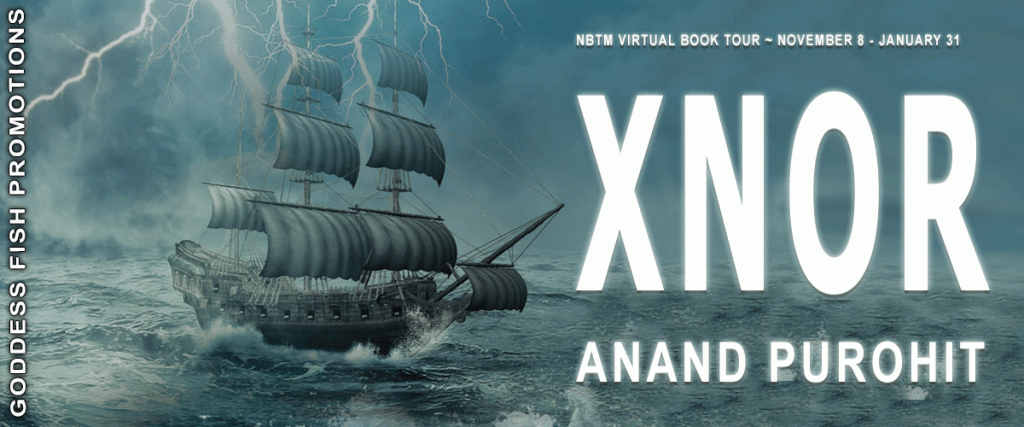




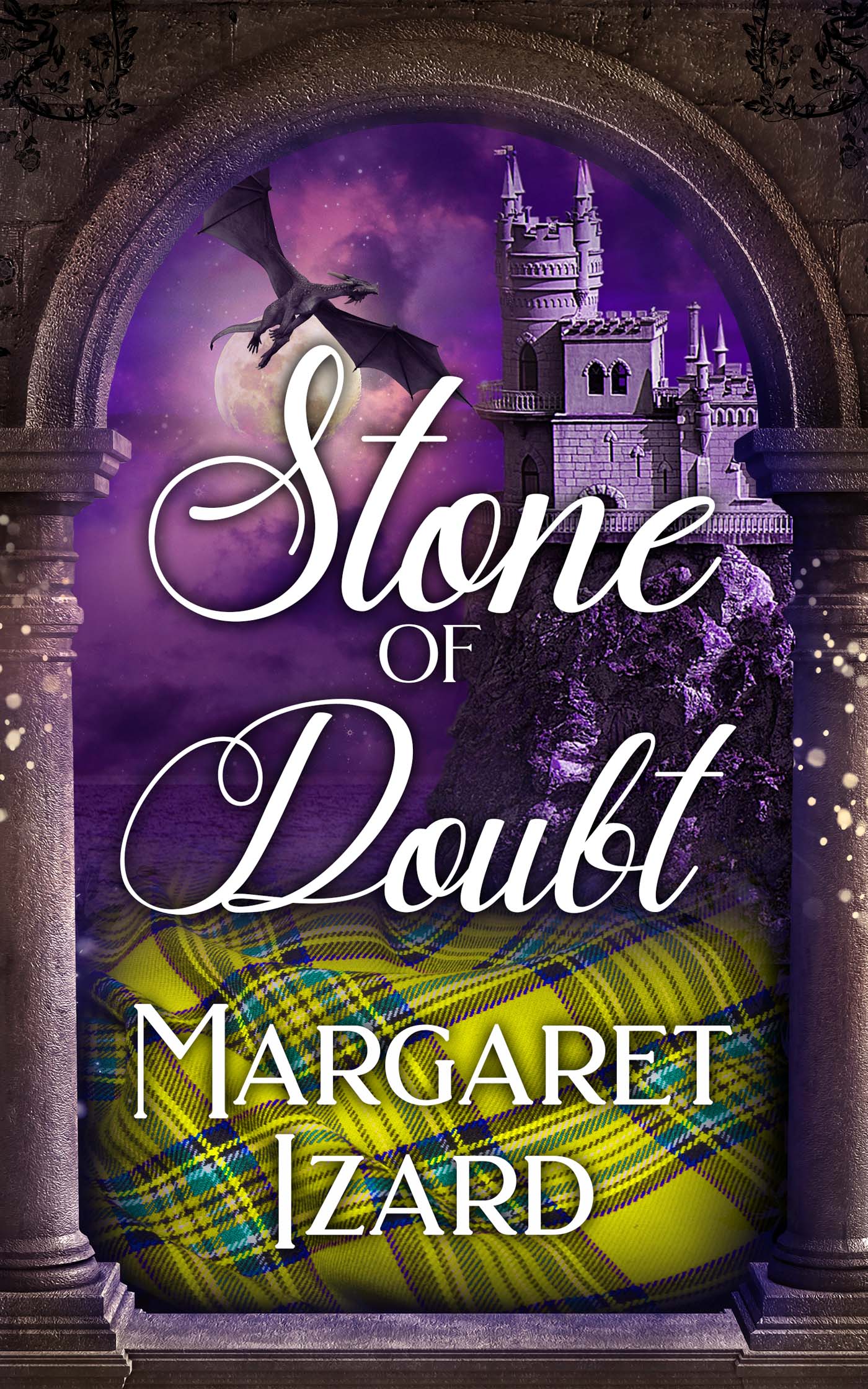
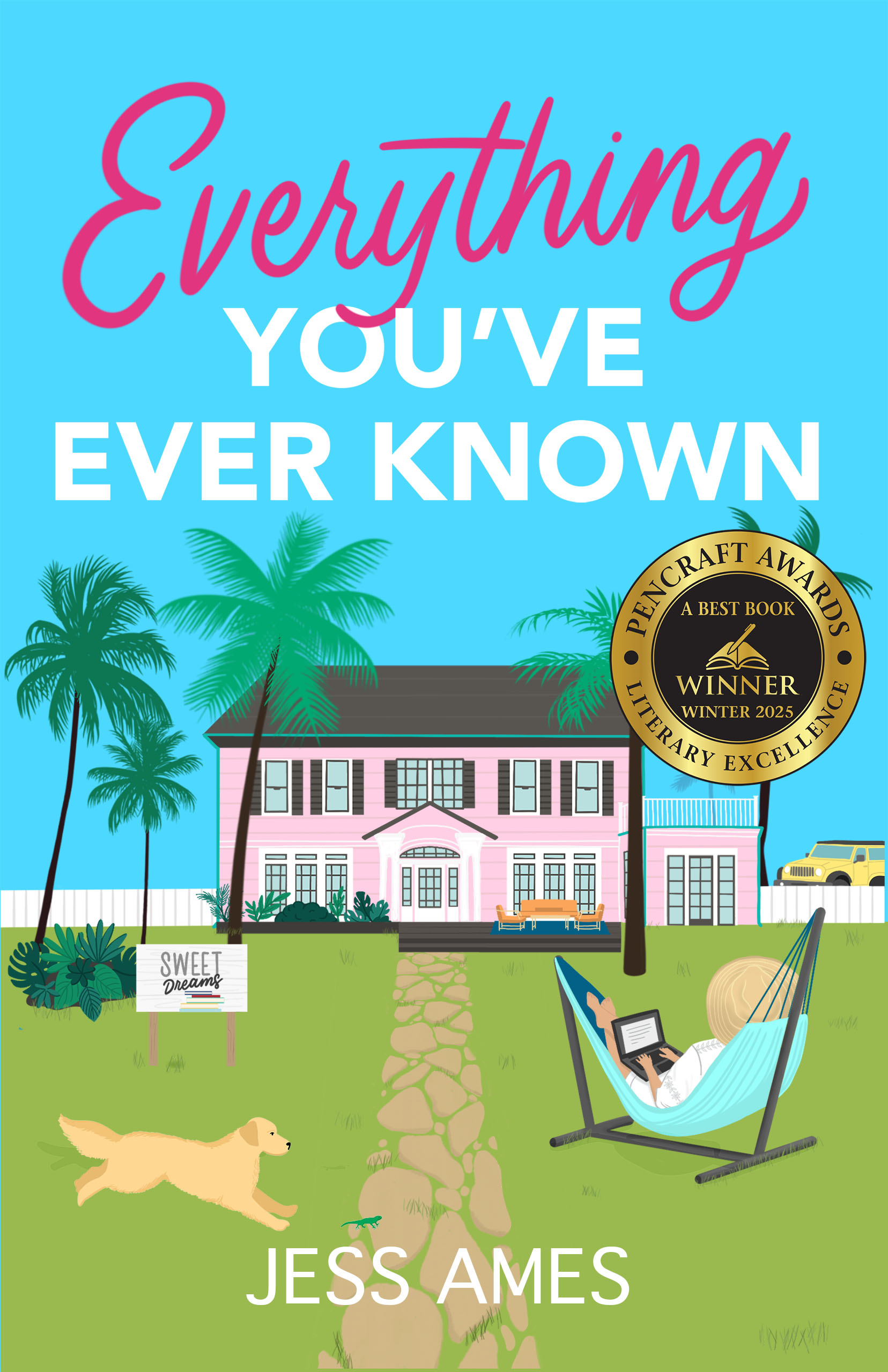
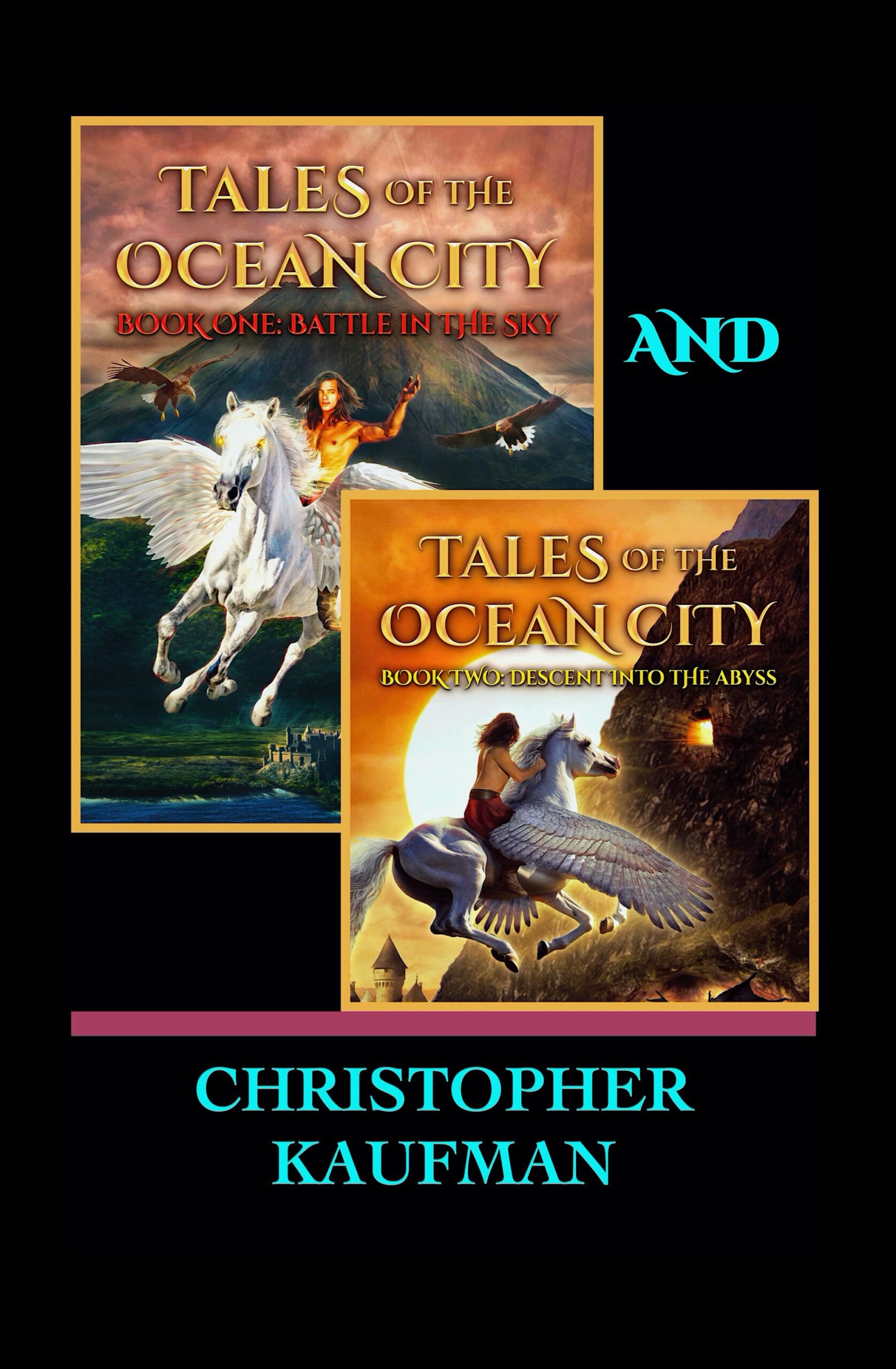
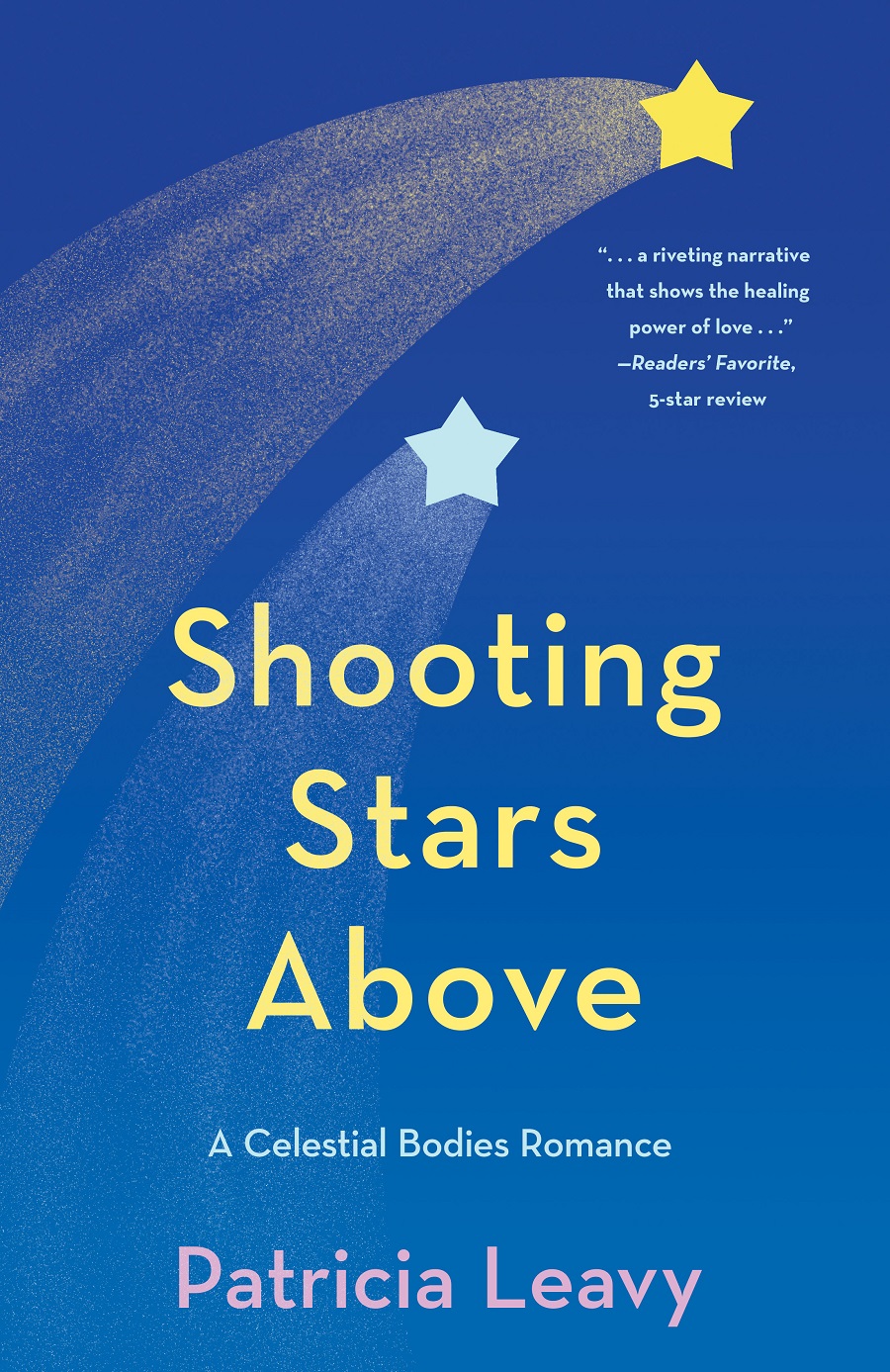
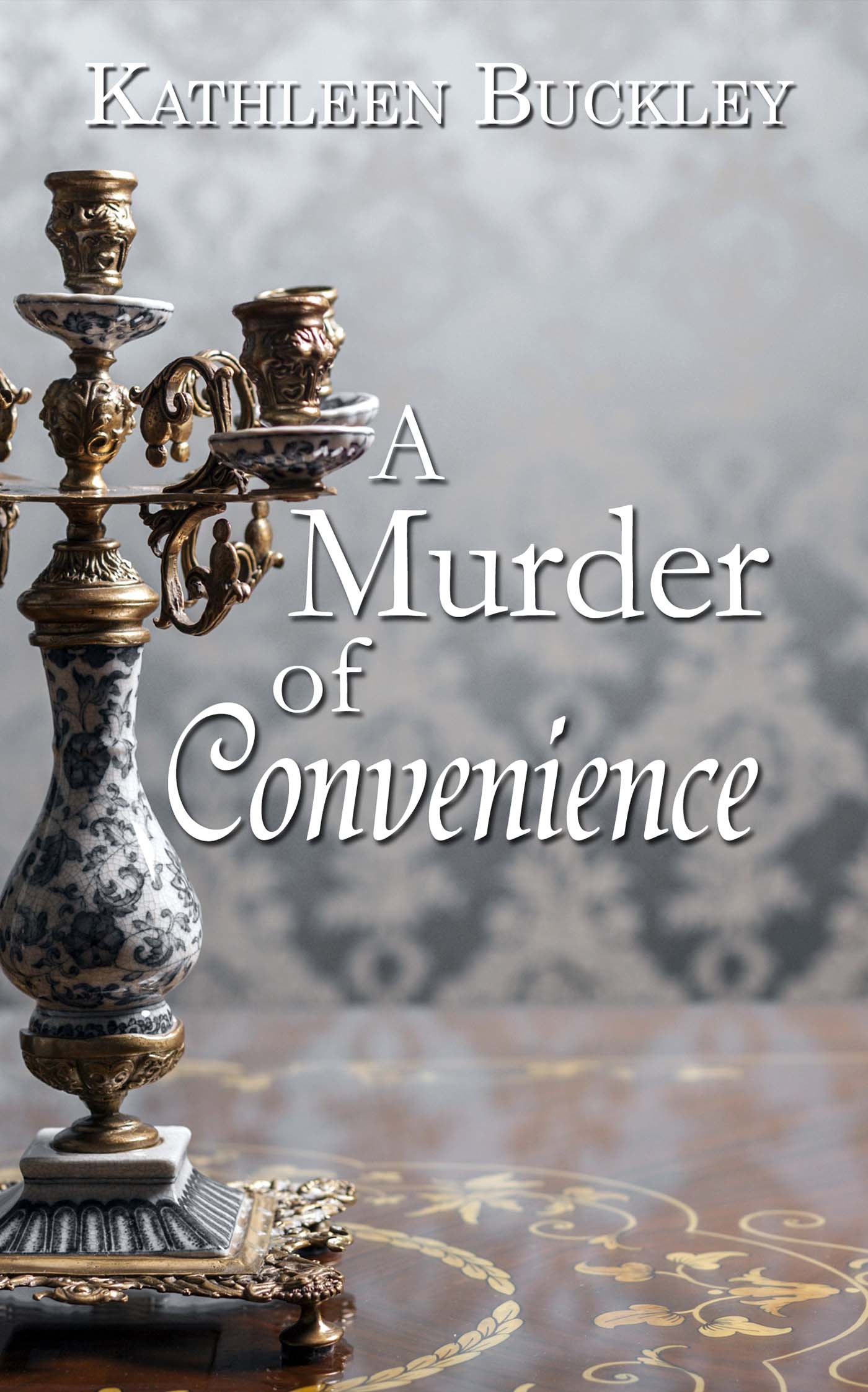

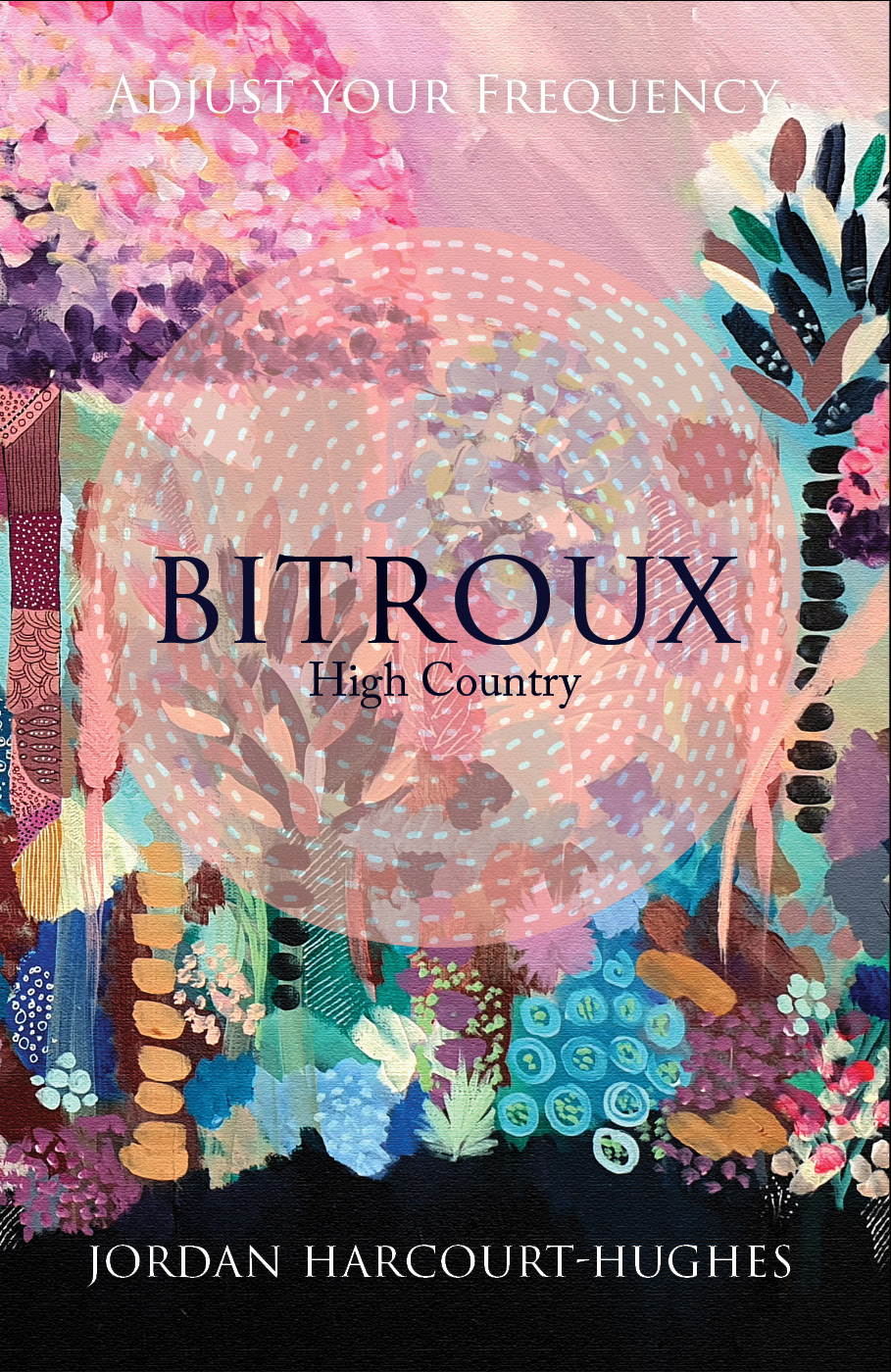

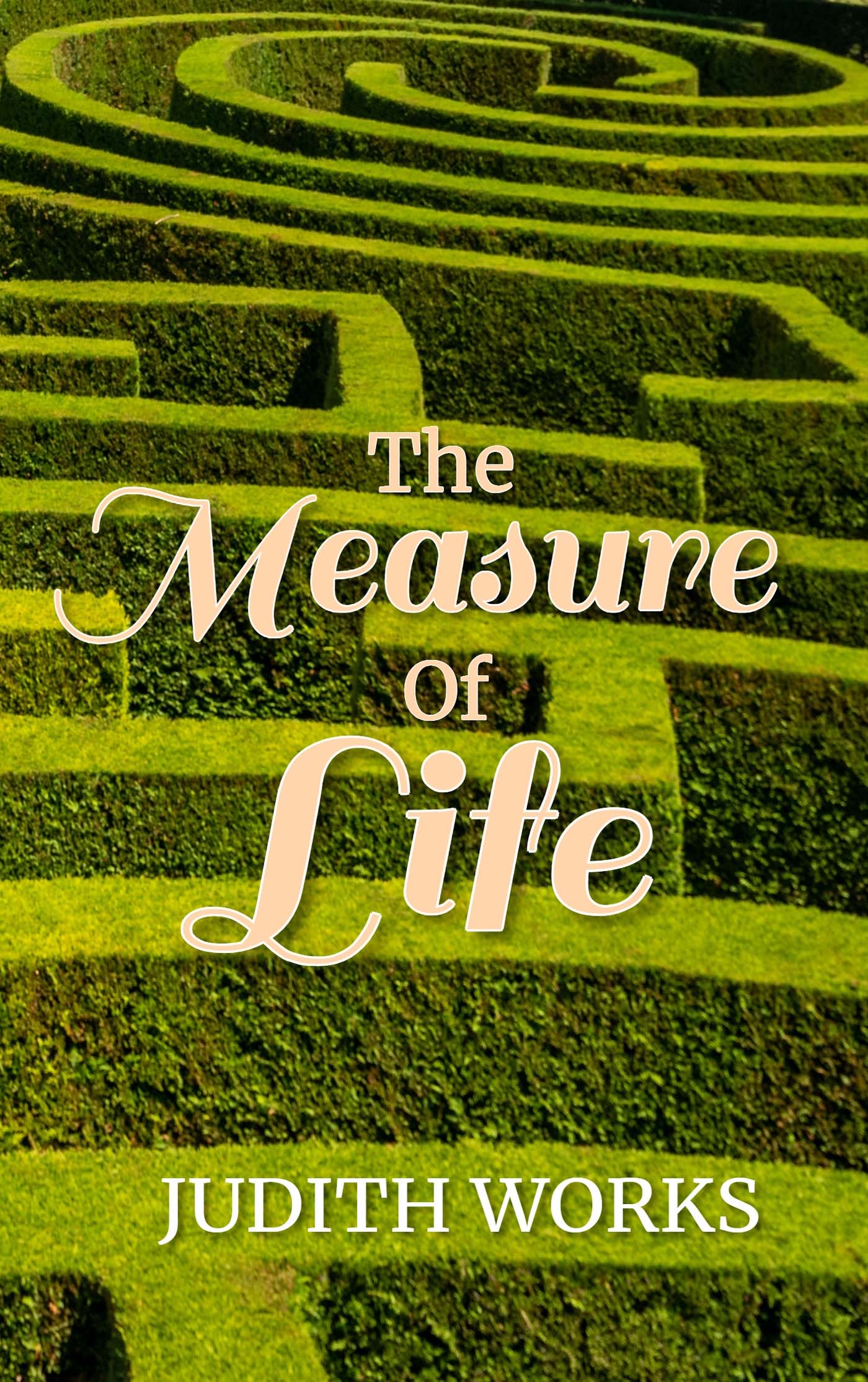




I really enjoyed reading your post, as a former student of Native American history and a descendant of a woman who died during the Trail of Tears, I have always been interested and emotionally invested in the history of the North American indigenous peoples and their interactions with European settlers. I am also a huge fan of everything sci-fi so your book is a definite must read for me
Hello Bea, I think you will be pleased with the approach I took in XNOR. I tried to keep the sci-fi part of the book as close to ‘real’ as I could … no magic events; characters explore a phenomena methodically.
The historical side of the story required a lot of research. The archives of various historical societies have a lot of contemporary information. Weeding through it to pull out the gems was joyful work. I learned a lot!
We all gain when light is shone on our history even if it is written in a historical fantasy like XNOR.
Thank you for responding to my comment. I do prefer my sci-fi to have at least some basis in realistic possibility and I also appreciate your diligence in your historical research. I am sure that all of your effort has resulted in an excellent story and I am looking forward to reading it.
Thanks for hosting!
Thank you for inviting me to your blog. This is my first experience being part of an event like this. Our Public Sphere is enhanced greatly when we can participate in direct conversation with each other. Kudos to Long and Short Reviews for doing the hard work of making it happen.
Sounds like a good book.
Some people will like it. Others will not. I hope you do.
Congrats on your recent release, .Anand! I enjoyed reading the guest post and the excerpt and your book sounds like on my dad will really enjoy! Thanks for brining it to my attention and good luck with your book and the tour! Have a magical holiday season!
Thanks Eva. Best wishes for you and your dad. If he’s like mine was, you’re very lucky indeed.
Thanks again to Long and Short Reviews for inviting me to your blog. Now that I know it’s here, I will wander back again from time to time and check out the other books.
I love the First Nations peoples of North America and this sounds like an excellent read.
Great excerpt and giveaway.
This looks like a great read.
Truth and Reconciliation by Anand Purohit sounds like it will be an informative and engaging book toread.
I am very interested in the history of Canada and this book would help me learn more about it.